The curtains have risen on this year's most anticipated film festival, transforming the city into a vibrant hub of cinematic artistry. As the sun sets over the historic theater district, a palpable energy courses through the streets—filmmakers, critics, and cinephiles from across the globe converge to celebrate storytelling in its purest visual form. This isn't merely an exhibition of films; it's a cultural phenomenon where celluloid dreams collide with raw human emotion.
Under the shimmering marquee lights, the opening night premiere unfolded with a grandeur befitting the occasion. The selected film, a hauntingly beautiful exploration of migration by a first-time director from Senegal, left the audience in stunned silence before erupting into a twelve-minute standing ovation. Such moments epitomize why these festivals matter—they provide a platform for voices that might otherwise remain unheard in the commercial film landscape. The director, visibly moved, later confessed during the Q&A that she had mortgaged her family home to complete the project.
What sets this year's programming apart is the bold decision to eliminate traditional competition categories. Instead, the curation team has organized films into thematic "conversations"—groupings that spark dialogue about climate anxiety, digital intimacy, and post-colonial identity. This approach has fostered unexpected connections between works; a sci-fi short from South Korea about AI caregivers resonates eerily with a documentary following Romanian eldercare workers. The festival director explained during a press briefing, "We're tired of pitting artists against each other like gladiators. Cinema should build bridges, not hierarchies."
The outdoor screening pavilion has become the festival's beating heart each evening. Projected against a century-old brick warehouse, audiences wrapped in blankets experience films while the city's skyline twinkles above. Last night's presentation of restored 1920s silent films with live orchestral accompaniment drew over 3,000 attendees, including children who'd never encountered black-and-white cinematography before. One teenager was overheard telling her friend, "It's crazy how you can feel everything without words—like the images bypass your brain and go straight to your guts."
Industry veterans have taken note of the festival's innovative distribution initiative. Rather than hoarding films for exclusive theatrical runs, selected titles immediately become available on a curated streaming platform at affordable rates. This democratization has angered some traditional distributors but thrilled independent filmmakers who see their work reaching global audiences within hours of premiere. The Mexican director of a buzzy neo-noir reported receiving fan art from viewers in Malaysia and Finland before his film's second festival screening.
Controversy struck during the third day when protesters temporarily halted a screening of a controversial political drama. Rather than calling security, festival organizers invited the demonstrators to participate in an impromptu panel discussion with the filmmakers. The resulting three-hour debate about artistic responsibility, streamed live across social platforms, became one of the festival's most talked-about events. As one cinematographer observed, "The electricity in that room—that's why we risk everything to make movies. Not for awards or deals, but because film can still make society pause and reflect."
As the festival enters its final stretch, whispers about "the next big thing" circulate through crowded cafe conversations. A Lithuanian animated feature using revolutionary 3D painting techniques has distributors scrambling. The midnight horror section's breakout hit—a psychological thriller shot entirely on vintage VHS cameras—has developed cult status. Meanwhile, the virtual reality exhibition space reports record attendance for an immersive documentary that allows participants to experience life as a refugee through scent and touch simulations.
The true magic of this gathering lies not in red carpet glamour but in its alchemical collisions. A veteran Hollywood producer finds inspiration in a student film from Burkina Faso. A cinematography masterclass given by an 81-year-old Polish legend brings young filmmakers to tears. As the festival director reminded everyone during closing remarks, "We come here not just to watch films, but to remember why we fell in love with cinema in the first place—its power to make the strange familiar, and the familiar strange." The projectors may dim tomorrow, but the conversations ignited here will continue flickering in minds across continents.
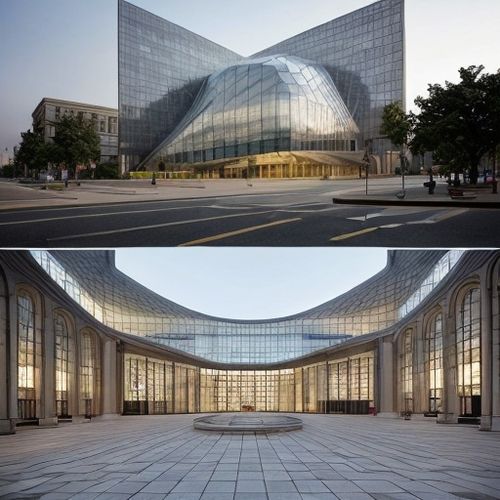
By John Smith/Apr 28, 2025
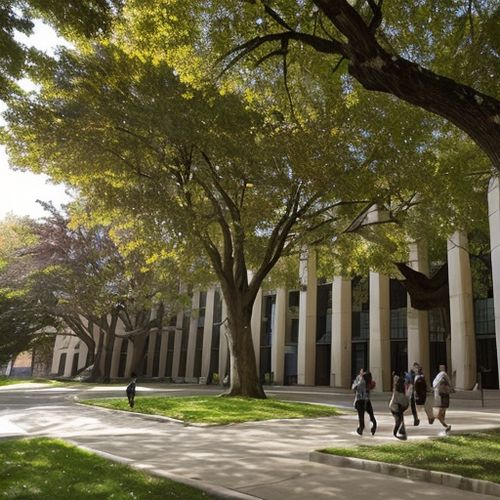
By Christopher Harris/Apr 28, 2025
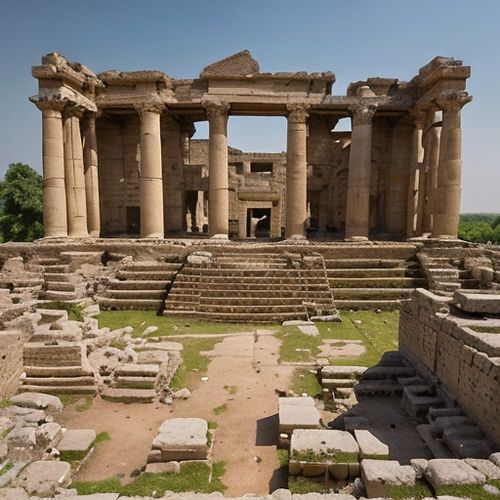
By Sophia Lewis/Apr 28, 2025
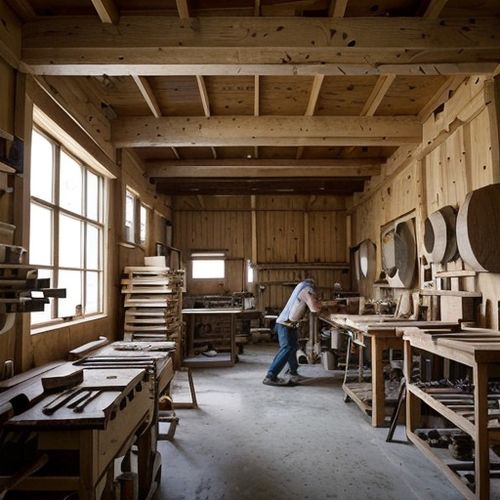
By Amanda Phillips/Apr 28, 2025
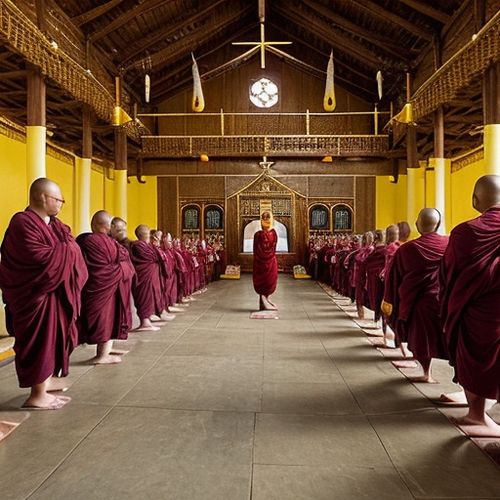
By George Bailey/Apr 28, 2025
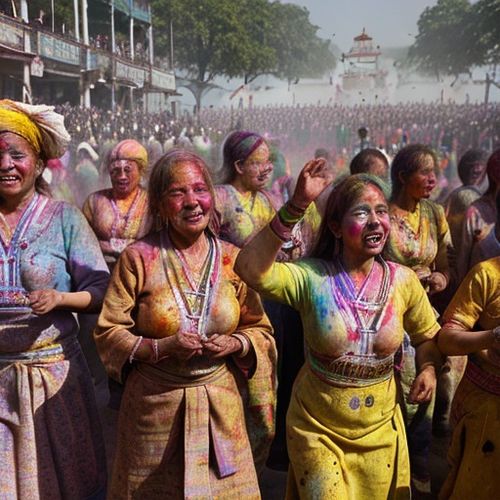
By Christopher Harris/Apr 28, 2025
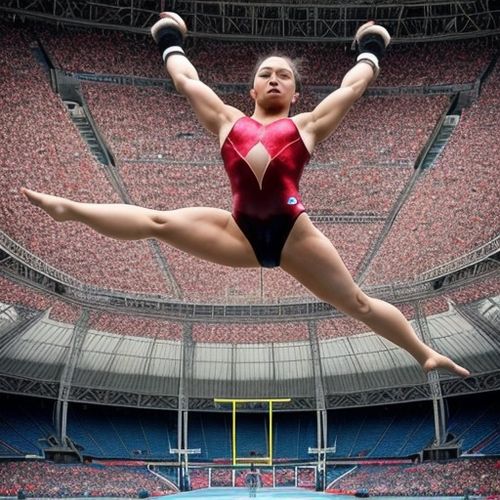
By Thomas Roberts/Apr 28, 2025
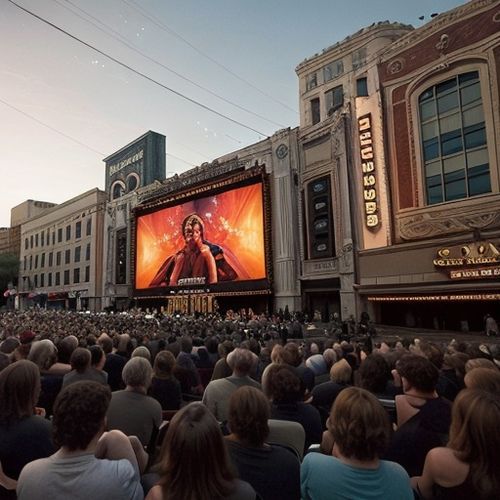
By James Moore/Apr 28, 2025
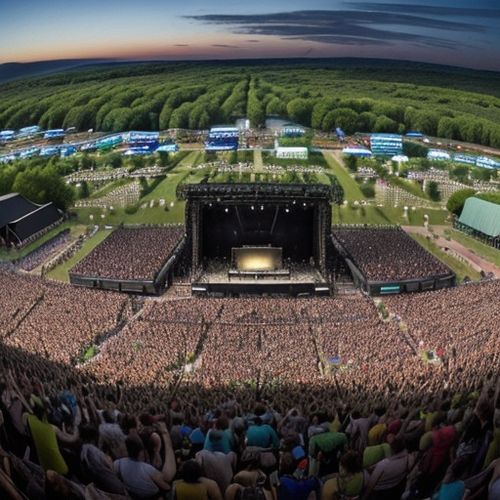
By Eric Ward/Apr 28, 2025
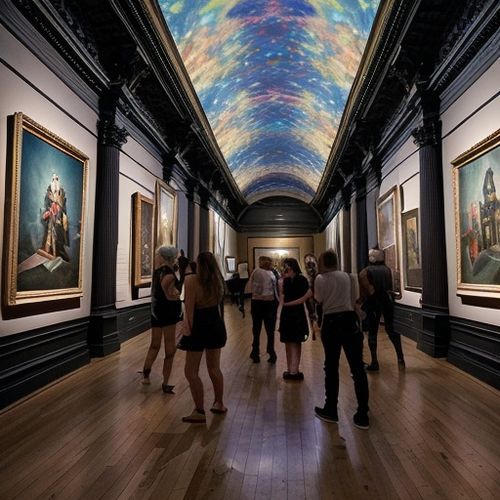
By Thomas Roberts/Apr 28, 2025
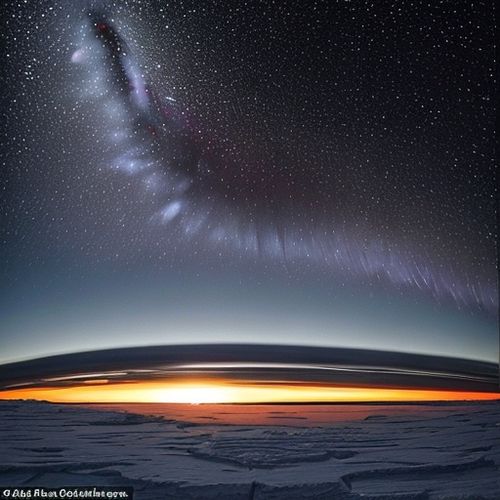
By Sophia Lewis/Apr 28, 2025
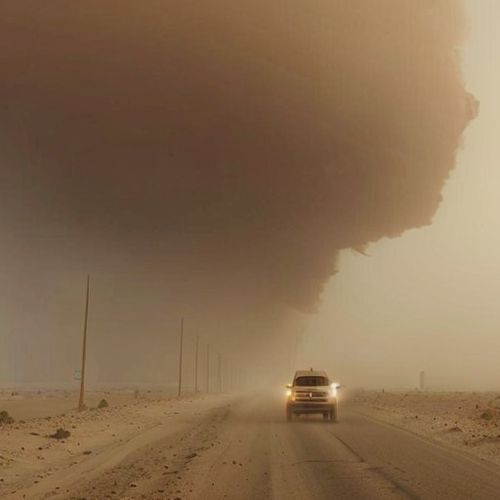
By Joshua Howard/Apr 28, 2025
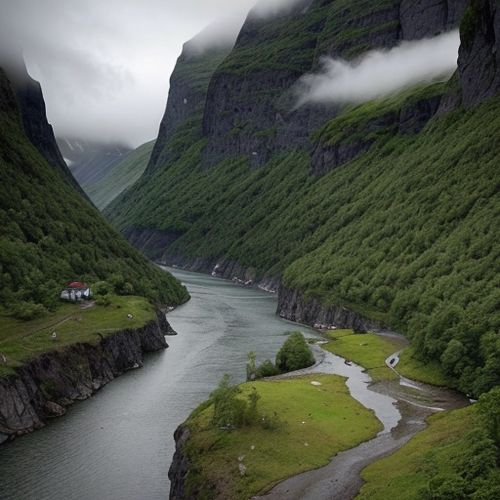
By Jessica Lee/Apr 28, 2025
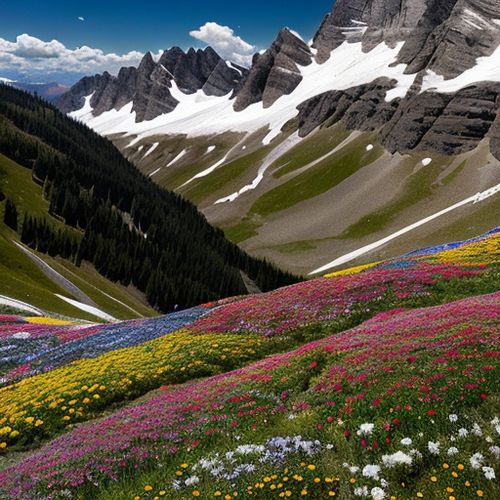
By Christopher Harris/Apr 28, 2025
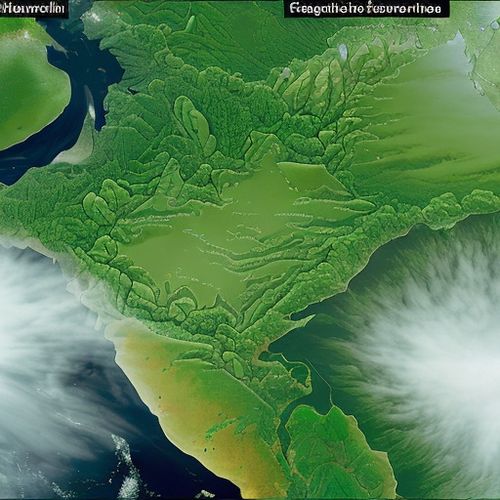
By Elizabeth Taylor/Apr 28, 2025
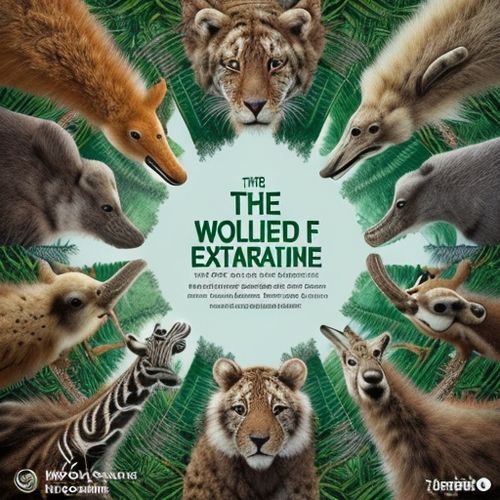
By Rebecca Stewart/Apr 28, 2025

By Amanda Phillips/Apr 28, 2025
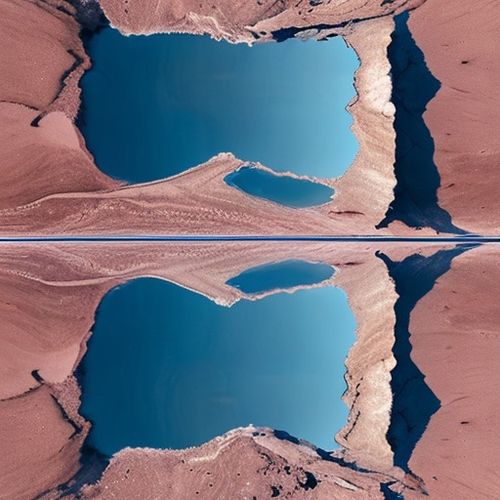
By Michael Brown/Apr 28, 2025
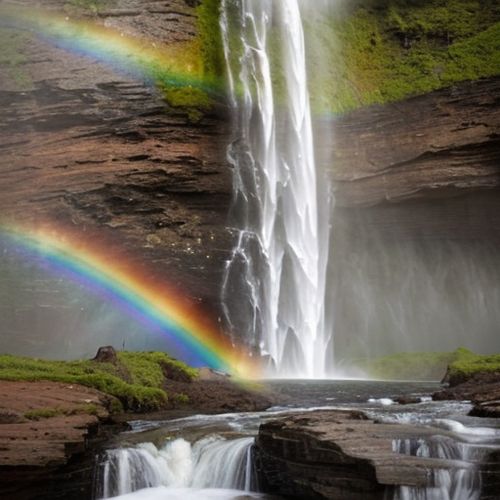
By James Moore/Apr 28, 2025
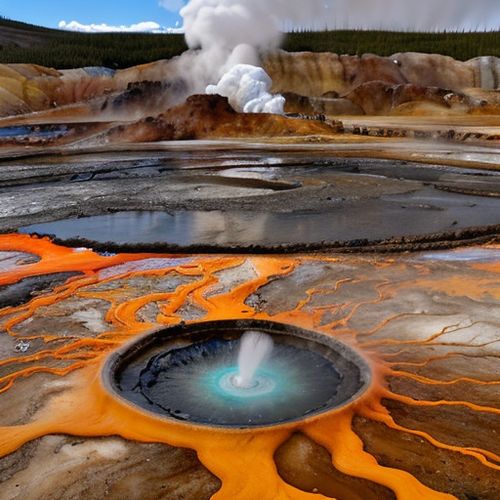
By Sophia Lewis/Apr 28, 2025